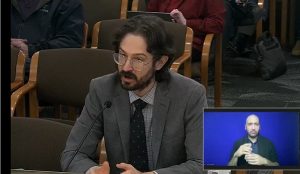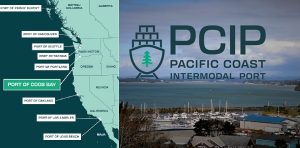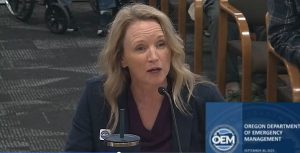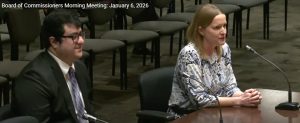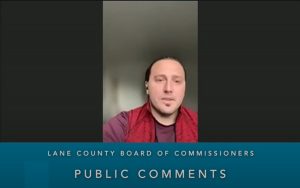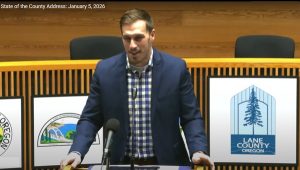Springfield reminds us to ‘Follow the Water’
3 min read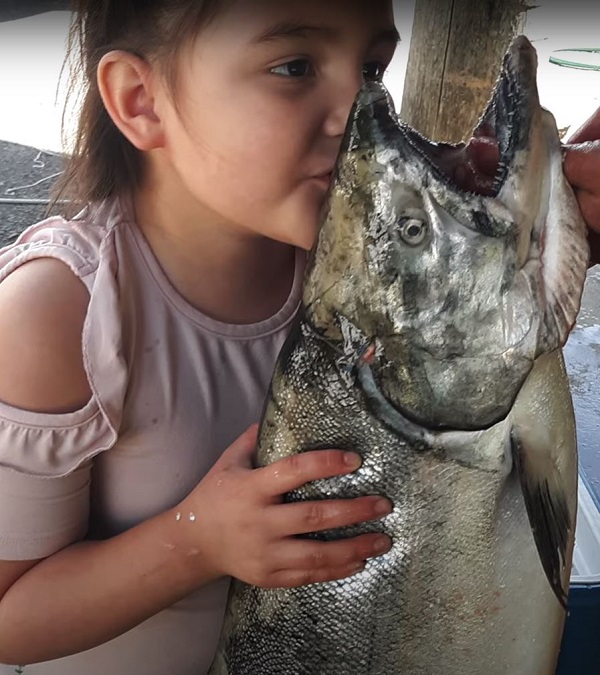
from the City of Springfield and Follow the Water
Judy Bluehorse Skelton (Nez Perce Cherokee, PSU Indigenous Nations Studies): Water is: Water is life. Water is sacred. Water is purifying. Water is refreshing.
Water is our first medicine. I was taught that a very long time ago. Water is our first medicine. When you have nothing else, water, sipping the water.
[00:00:34] Water will take you where you need to go emotionally and mentally. We carry a memory, and water carries a memory. And when they come together and we’re sipping water, we are being reminded of who we are.
[00:00:51] I was always taught water refreshes the spirit as well as the body.
[00:00:57] Wenix Red Elk (Confederated Tribes of Umatilla Indian Reservation, Natural Resources Department): Water is the most important of all things. It is the giver of life. When you look at water, it’s the reason why this planet is so special and unique. Everything that lives here relies on that water.
[00:01:13] Water is the first of all living things. And in our creation, or our tamánwit /tamalwit, that is the creation of the foods, of how the foods first came forward. All the people and the animals came together in the area, and they discussed how they were going to give themselves to each other.
[00:01:35] And so, the water was the first of all things. And the salmon came forward, and when the salmon came forward, they gave their life to the people. In return, they asked that the people would celebrate them. Every year, they would come back. And their bodies would nourish us.
[00:01:52] And then the roots came forward, and they gave testimony. And then the berry species came forward, and they gave testimony.
[00:01:58] Everything that we are is related to those foods.
[00:02:03] Judy Bluehorse Skelton: First foods is critical to water. They are intimately linked together. So it’s not only feeding the body, but it’s feeding the soul. It’s feeding the spirit. It’s feeding our mental health and our emotional health.
[00:02:17] Wenix Red Elk: We have that connection with them, and that’s important to them, and it has to be there.
[00:02:23] If that water’s not there in the river, or the river’s too low, those fish are going to die. And with that, so does our language and our culture.
[00:02:33] When those foods are no longer there, our people become sick also because we stop eating them and you see that. And so our people are sick. And not only that, the water is sick.
[00:02:45] Judy Bluehorse Skelton: Part of our path to recovering our health, or what I call recovery from discovery, includes recovering our health through our first foods. So it’s critical. It’s central.
[00:02:58] Wenix Red Elk: It’s important that we look at the purity of our water and working to clean that water and make that one of our priorities on this world, because once that water becomes to a place we can’t drink it, no longer, even if we’re filtering it, there’s still things making us all sick.
[00:03:16] And why wouldn’t that be one of the most important things? Because that is the reason why this planet is so special.
Listen to tribally-owned community-operated KCUW 104.1 FM (Pendleton) online at https://kcuwradio.org.
Follow the Water is the work of a voluntary collaborative partnership of over 60 organizations, from federal, state and local governments, watershed councils, soil and water conservation districts, and water-related nonprofits in our area. Follow the Water is about our relationship with our rivers in Oregon, Southwest Washington, and the communities along the Columbia River. It’s about connecting people with our water – where we live, work, and play. It’s also about connecting our behaviors to the rivers so we understand that what we do can change the water both positively and negatively. How’s your waterway?
